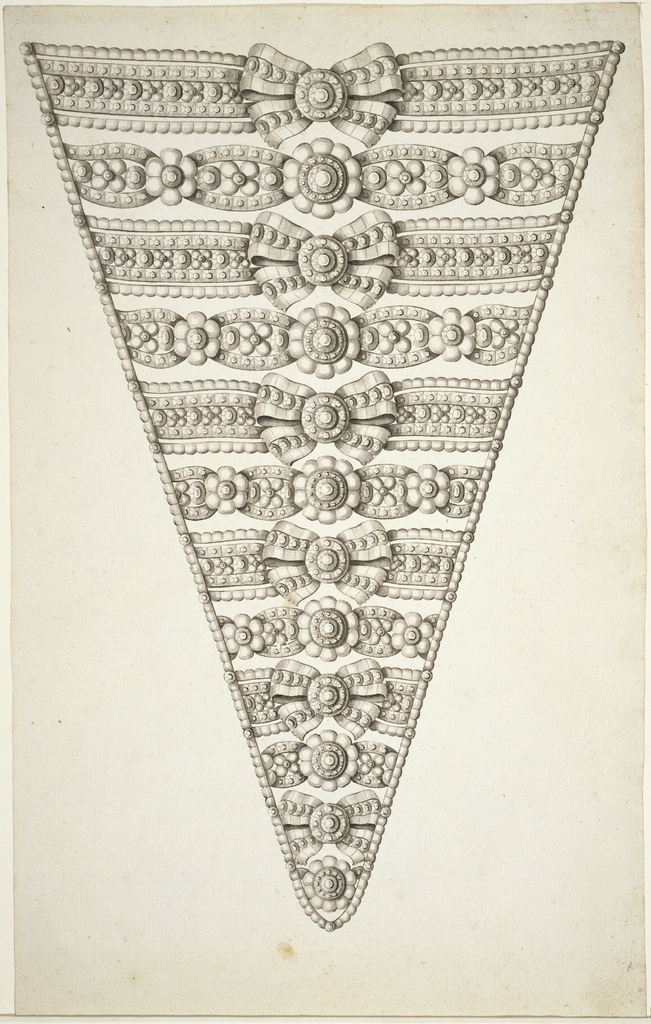When the Hewitt sisters founded the Cooper Union Museum in 1897, they sought to provide a rich visual resource for students who were destined to become architects and designers. As they assembled the works of art and design that would enter the museum’s collection, the sisters recognized that drawings offered unique opportunities to learn how earlier designers had developed decorative motifs and invented new forms.
One of the most important acquisitions made by the museum was a group of approximately 10,000 drawings from the collection of Giovanni Piancastelli, the curator of the Borghese collection and founding director of the Borghese Gallery in Rome. The Hewitt sisters made the initial purchase from the Piancastelli collection of over 3,000 drawings in 1901. Several decades later, the family that had purchased the remainder of the drawings donated the rest of the collection to the museum. The drawings featured designs for everything from furniture and candlesticks to vases and jewelry.
Among the many superb drawings are several unsigned designs for stomachers, including the one you see above. A stomacher is a triangular panel of fabric worn over the front of the body, attached to bodice of a dress with ribbon tabs or pins. They were an important element of women’s fashion in the seventeenth and eighteenth centuries. Gowns were constructed so that the stomacher could be changed for different occasions, like an accessory. Stomachers were typically designed to be highly ornamental, and often featured elaborate embroidery with silk and metallic threads to simulate the effect of dazzling gems. However, this design would have been even more extravagant, with its rich visual pattern generated out of a profusion of jewels. With this diamond-encrusted design, we can infer that such a stomacher would have been intended only for an extremely wealthy client.
This drawing will be on view in the Hewitt Sisters Collect exhibition beginning December 12, 2014.
Caitlin Condell is the Curatorial Assistant for Drawings, Prints & Graphic Design at Cooper Hewitt, Smithsonian Design Museum.
